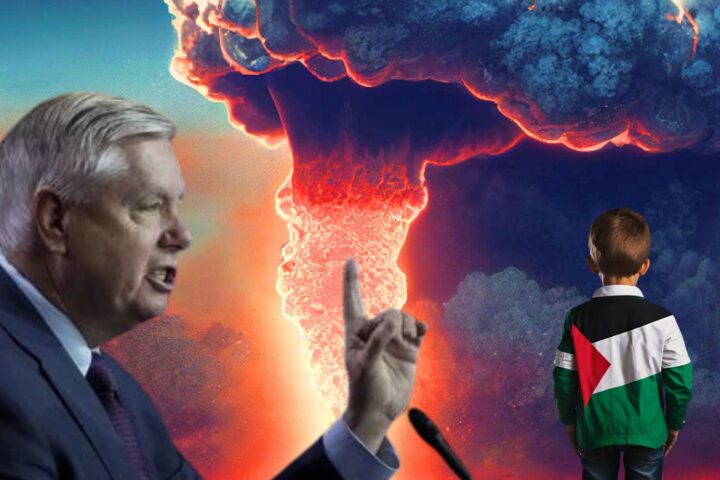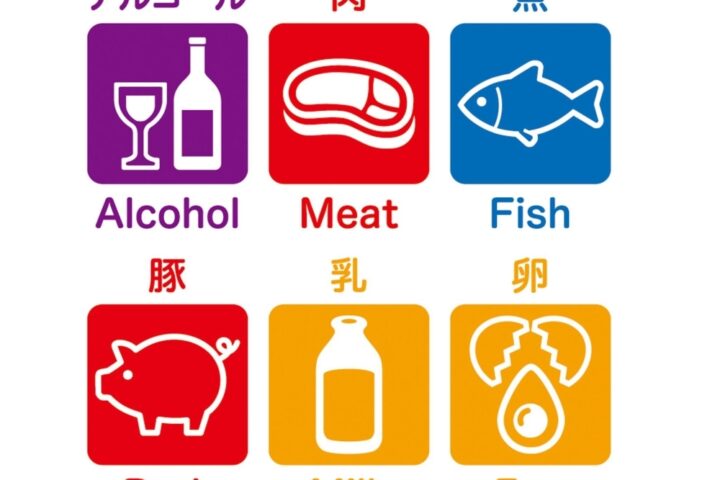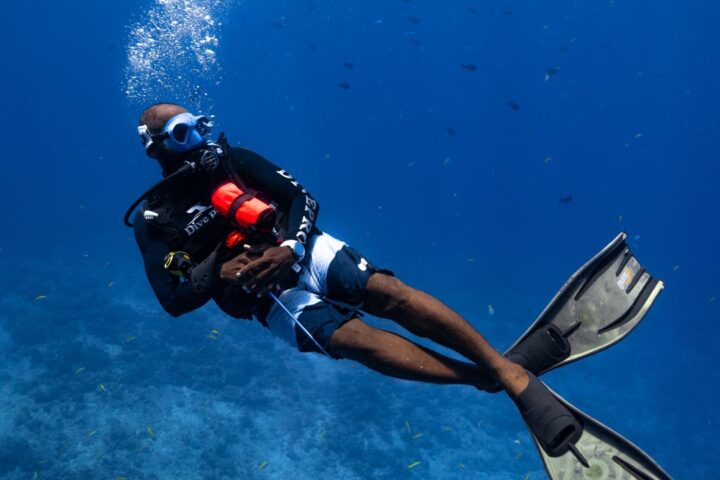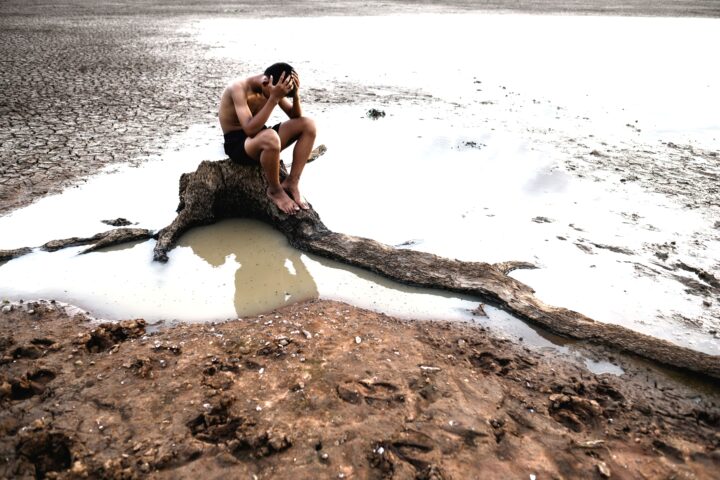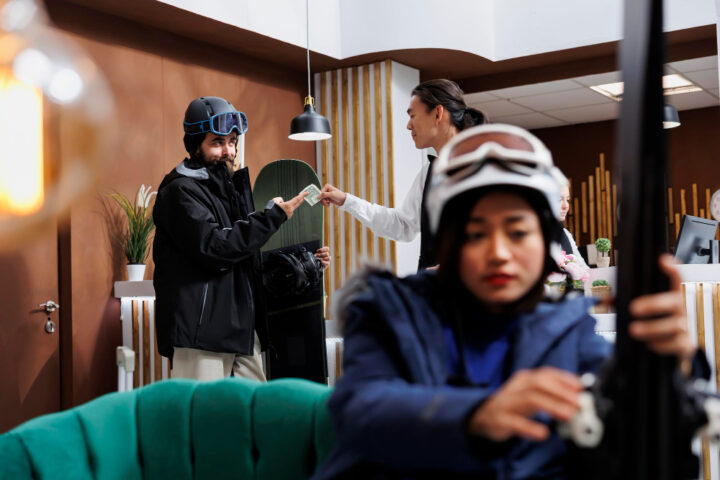Former President Mohamed Nasheed has issued a conciliatory message amid escalating tensions between the Maldives and India, its powerful neighbor, voicing concerns over the impact of an Indian tourism boycott call and apologizing for strains in the crucial relationship.
“I want to say the people of the Maldives are sorry, we are sorry that this has happened,” Mr. Nasheed, an advocate of close India ties during his time leading the Maldivian Democratic Party, told Indian media this week during a visit to New Delhi. “We want Indian people to come on their holidays to the Maldives, and there will not be any change in our hospitality.”
Mr. Nasheed acknowledged the current president, Mohamed Muizzu, for removing officials responsible for the boycott call, while urging discussions to repair the rift and “go back to our usual relationship” with India.
The diplomatic spat followed the ruling party’s media allies interpreting a photo of India’s prime minister campaigning on southern Indian beaches as advocating an anti-Maldives stance, unleashing irresponsible remarks that Mr. Muizzu later moved to suspend the officials before his state visit to China.
The catalyst was the Maldivian leader airing critiques in January of an unnamed country attempting to “intimidate” the islands; remarks widely interpreted as aimed at India, which has built a closer partnership with the Maldives in recent years. Mr. Muizzu made the comments upon returning to the capital, Malé, from Beijing.
Last week, India’s external affairs minister, Dr. S. Jaishankar, fired back, insisting that New Delhi’s engagement with neighbors aligns more with collaboration than the economic imperialism some have accused it of.
Speaking at an event in the Indian capital, Dr. Jaishankar pushed back against the claims, pointing to India’s expansive economic, medical and humanitarian aid across South Asia, including the Maldives.
“We’ve been a helpful partner,” Mr. Jaishankar told the gathering, outlining $4.5 billion in Indian financial assistance to the country, as well as Covid vaccine distribution and provisions of food, fuel and fertilizer amid global shortages — “a mix of solidarity and pragmatism,” he argued.
The heated rhetoric underscores broader tensions as the Maldives, under Mr. Muizzu, recalibrates its relationship with its vastly larger neighbor. Malé has chafed at what it sees as overweening Indian influence, recently urging the withdrawal of Indian troops stationed in the archipelago for decades as it calls for a “Maldives First” policy.
That has echoed a drift from India’s orbit toward allies like China, after previous Maldivian leaders grappled with rebalancing the roles of competing regional powers vying for footholds in strategic shipping lanes.
For now, India appears intent on projecting openness toward the Maldives, an island nation heavily dependent on luxury tourism. But its claims of being a “helpful partner” rather than seeking dominance set the stage for a potential diplomatic clash if Malé opts to further distance itself.
The rhetorical tit-for-tat shows how even small island states can become proxies in broader geostrategic clashes across the Indo-Pacific, where the line between influence and interference often lies in the eye of the beholder.


